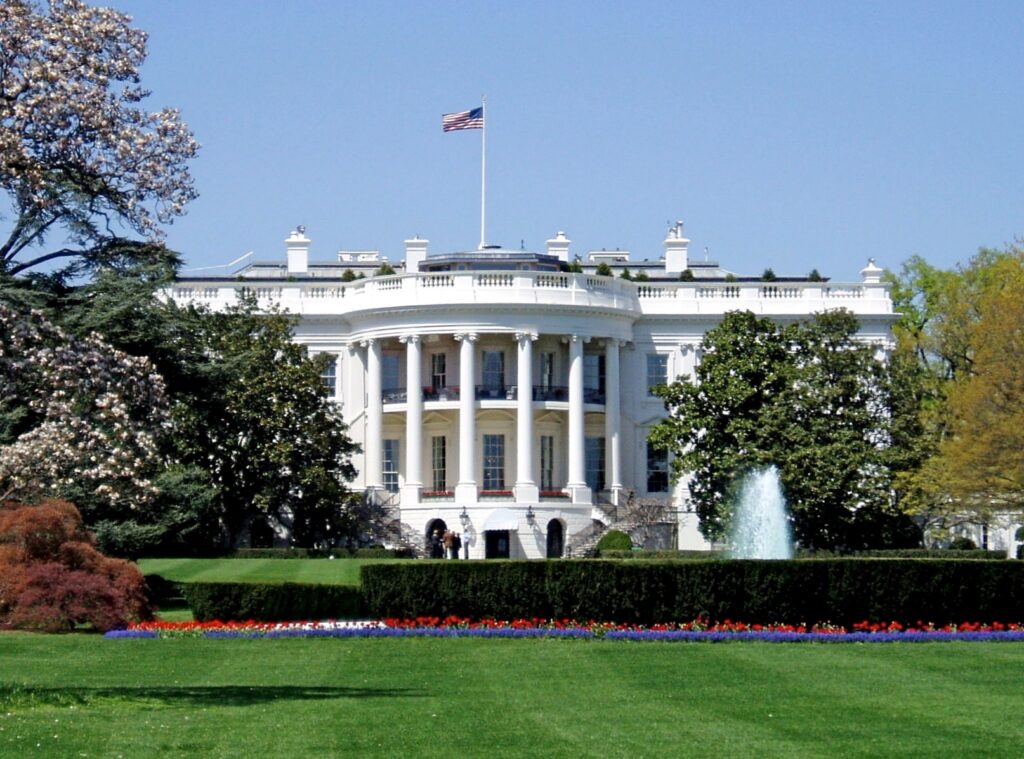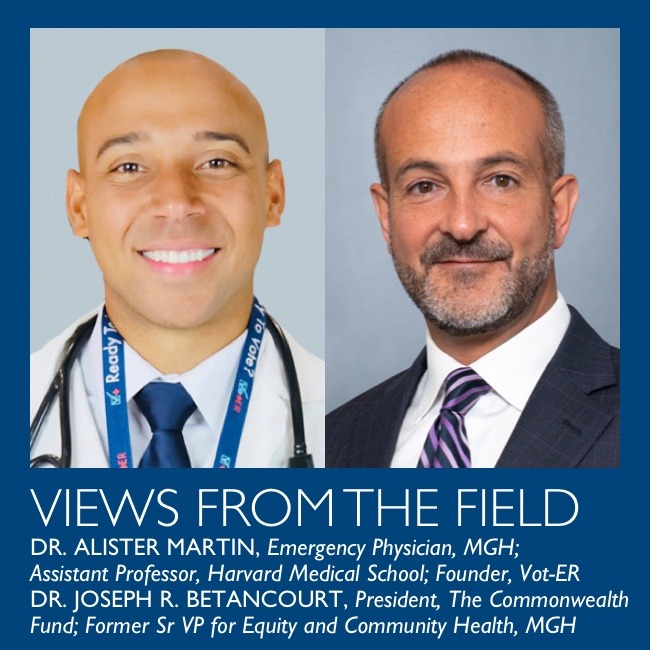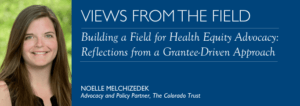The Final Reconciliation Package: Implementation of Key Provisions
On July 4, 2025, H.R. 1, the One Big Beautiful Bill Act, was signed into law. The implementation dates for key health care provisions in the law vary, with some taking effect immediately upon passage and others being implemented over several years. This resource details key dates for the implementation of the law’s most significant health care provisions.
Deadlines in Health-Related Executive Orders and Presidential Memoranda
This GIH policy resource details many of the health-related executive orders issued by the administration and includes a calendar of upcoming implementation deadlines.
Beyond the Exam Room: Impacting Health Outcomes Through Civic Engagement
August marks Civic Health Month, a time to showcase the link between voting and health and celebrate efforts that ensure every voter can support their community’s health at the ballot box. At the same time, the United States is grappling with a health care system ranked 37th globally despite consuming 17 percent of the country’s GDP. With 26 million Americans uninsured and 43 million underinsured, the gap in access to care continues to widen. This crisis will deepen as critical ACA subsidies expire at the end of 2025, potentially leaving 3.8 million more Americans without coverage, in addition to new federal cuts to Medicaid and changes to how coverage is accessed through the health insurance marketplace, which could result in as many as 20 million Americans losing their health insurance.
Consumer Health Foundation Report: January 2017
The Consumer Health Foundation (CHF) released a briefing paper on “Immigration Status as a Social Determinant of Health.” The vision statement in CHF’s 2014-2016 strategic plan included “immigration status” as one of the identities or factors around which barriers are often created that limit people’s ability to live a healthy and dignified life.
New York State Health Foundation Report: January 2017
A new NYSHealth-funded report in the Consumer Reports January 2017 issue offers ratings of health cost estimator tools, both nationally and New York State-specific.
Facing Addiction
Philanthropy has an important role to play in addressing addiction. Substance misuse likely intersects and impacts most funders’ priorities. Recognizing these linkages offers an opportunity to think differently, forge new partnerships, and support community efforts that catalyze the cultural shift needed to reduce stigma and truly integrate behavioral health into all systems of care.
Building a Field for Health Equity Advocacy: Reflections from a Grantee-Driven Approach
The Colorado Trust believes that all Coloradans should have fair and equal opportunities to lead healthy, productive lives regardless of race, ethnicity, income, or where we live.
GIH Announces New Board Members
Michelle A. Larkin and Elizabeth Ripley have been elected to the GIH board of directors. Their terms begin in March 2017.
Philanthropy @ Work – Grants and Programs – December 2016
The latest on grants and programs from the field.





